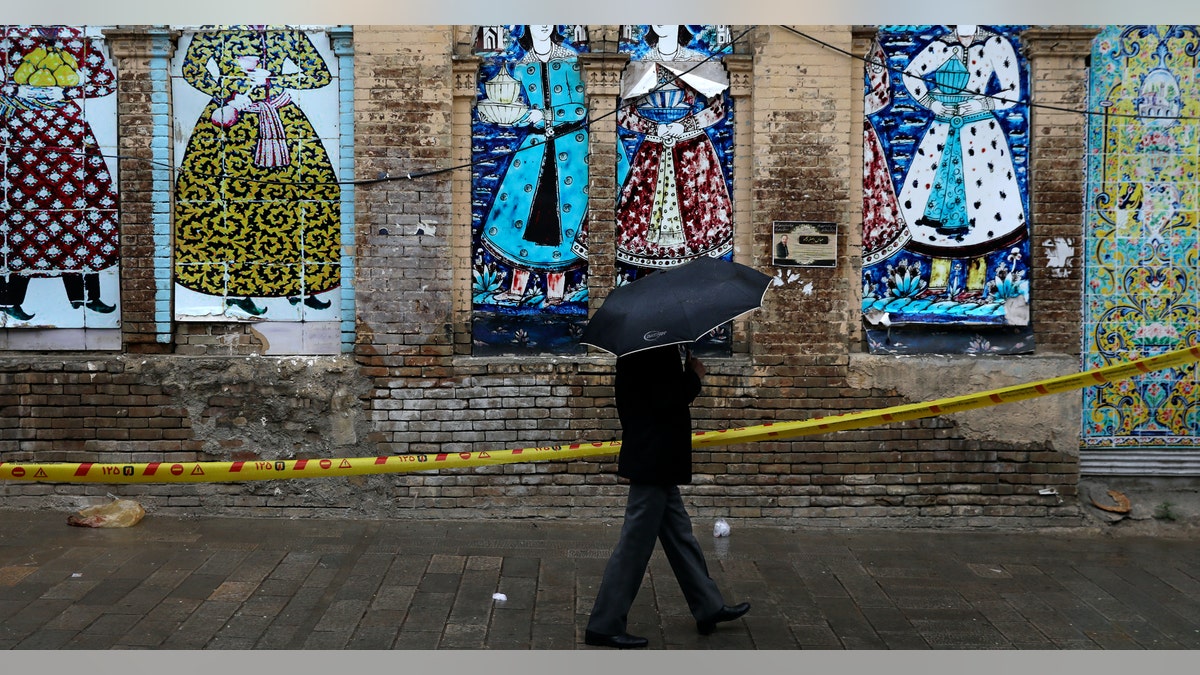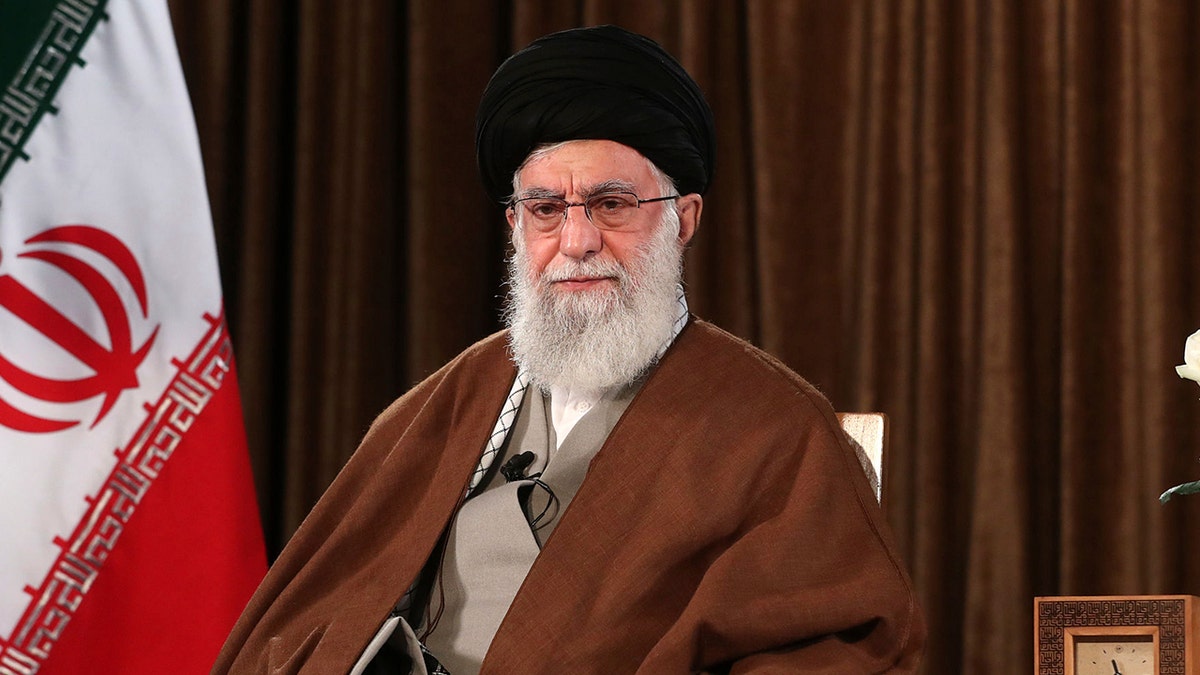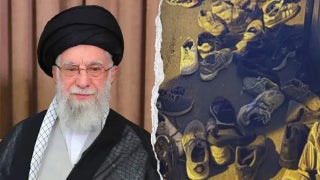Coronavirus could lead to economic and power shift in China and Iran
Coronavirus could lead to an economic and power shift in China and Iran; Iranian President Hassan Rouhani believes Iran did not delay on the coronavirus.
Get all the latest news on coronavirus and more delivered daily to your inbox. Sign up here.
As Iran battles one of the worst coronavirus outbreaks in the world, its regime has rejected life-saving humanitarian aid from abroad.
On Sunday, Doctors Without Borders/Médecins Sans Frontières (MSF), the leading international medical humanitarian organization, announced that it had sent a 50-bed inflatable hospital and an emergency team of nine people to Isfahan, the second-worst affected province in Iran, “to increase hospital capacity for treating patients critically ill from coronavirus disease, also known as COVID-19.”
Furthermore, on Monday, the Iranian Embassy in France boldly tweeted that a “second shipment of MSF aid has left Bordeaux for Tehran today.”
A PERSON DIES OF CORONAVIRUS EVERY 10 MINUTES IN IRAN, HEALTH MINISTRY SAYS
Yet on Tuesday, the Tehran leadership rejected the help while repeating a whirlwind of conspiracies that the France-based NGO was part of a broader spy network and scheming to expel aid from the crippled country.
For now, the charity is stating only that the aid is “on hold” and that they are awaiting “next steps.”
Alireza Vahabzadeh, a Health Ministry adviser in Iran, has instead doubled-down on the notion that the Islamic Republic currently has many field hospitals that they’ve built that haven’t yet been used.
“We have empty beds and spare capacity,” he told Bloomberg. “So, at this stage, we don’t need this help.”

A man shelters from the rain with an umbrella a he walks past an old building decorated with replica of Iranian old paintings in a mostly empty street in a commercial district in downtown Tehran, Iran, Sunday, March 22, 2020. On Sunday, Iran imposed a two-week closure on major shopping malls and centers across the country to prevent spreading the new coronavirus. Pharmacies, supermarkets, groceries and bakeries will remain open. (AP)
Nonetheless, those inside paint a far more devastating portrait of a country overrun with a burgeoning body count, medical facilities brimming beyond the point of capacity, fearful residents hiding in their homes and prisons saturated with the sick.
Earlier this month, as coronavirus took hold nationwide, the U.S. also offered an olive branch of assistance, which was staunchly rejected by the Iran's leaders, who have instead demanded that economic sanctions be lifted so they can adequately fight the virus. Tehran has since ignited the ire of the U.S. State Department by perpetuating false narratives through its state-run media that the novel pathogen was planted by the United States and the fault of America’s hardline approach against them.
“U.S. sanctions do not target imports of food, medicine and medical equipment, or other humanitarian goods. Iranian documents show their health companies have been able to import testing kits without obstacle from U.S. sanctions since January,” State Department spokesperson, Morgan Ortagus, tweeted Monday.
CLICK HERE FOR COMPLETE CORONAVIRUS COVERAGE
As of Tuesday afternoon, as per Tehran’s official count, Iran has had just under 25,000 cases of the virus and just under 2,000 deaths. However, opposition group, the National Council of Resistance of Iran (NCRI), argues that the real death toll is over 10,500 across more than 200 cities.

In this picture released by the official website of the office of the Iranian supreme leader, Supreme Leader Ayatollah Ali Khamenei sits prior to address nation on state television, in Tehran, Iran, Sunday, March 22, 2020. Iran's supreme leader Sunday refused U.S. assistance to fight the new coronavirus, citing an unfounded conspiracy theory that the virus could be man-made by America. (Office of the Iranian Supreme Leader via AP)
And it remains to be seen if the foreign humanitarian help will be welcomed.
CLICK HERE FOR THE FOX NEWS APP
“Iran is by far the hardest-hit country in the region, and Isfahan is the second-worst affected province,” Julie Reversé, MSF’s representative in Iran, said in Sunday’s statement. “We heard the Iranian authorities’ calls for more support to help them cope with the outbreak and, as a medical organization already present in the country, we offered to help with what we believe can provide the most value: assisting with treating the most severe cases.”








































